The exchange program taking place in France and Belgium offers young history enthusiasts the opportunity to delve deep into the historical events that shaped our modern world.
Participants will engage in a variety of creative projects, including video production, podcast creation, and historical storytelling, enabling them to explore and express the human stories behind the conflict.
As the exchange traverses the landscapes where pivotal battles were fought, participants will gain invaluable insights into the war’s legacy. This program isn’t just about learning history; it’s about bringing it to life through modern media. As a participant, you’ll work collaboratively with fellow participants, sharing perspectives and improving your skills in storytelling and digital media.
Whether you’re interviewing locals with personal stories to tell, capturing the essence of historical sites on film, or recording narratives and interviewing people for a podcast, you’ll contribute to preserving these vital memories for future generations. Join us in this educational adventure, and be a part of a living history that continues to resonate today.
On the first day, participants will gather in Lille, France. From Lille, the group will travel to a small French town where they’ll find La Coupole: one of the most atypical German constructions of the Second World War, which was intended to serve as a storage and launch base for the V2 rockets. Participants will attend a guided tour and receive all the information that’s needed to start with the content creation. In the afternoon we’ll travel to Dunkirk for free time and an overnight stay.

Day 2 starts in Dunkirk, where participants will visit the Operation Dynamo Museum. The museum tells the story of Dunkirk during WWII. From the Battle of Dunkirk and the evacuation of the British and French troops to England in 1940, to the Czechoslovakian soldiers liberating the town on 9 May 1945. There will be time for the recording of podcasts and videos and to reflect on the importance of remembrance, living in peace and knowledge transmission between the participants. We’ll stay in the same accomodation as the night before.

Day 3 brings the participants to the Belgian city of Mons, where we’ll pay a visit to the Mons Memorial Museum. The museum invites visitors to consider the complex realities of war-related phenomena. Participants will have time for their own research in the museum. In the afternoon the group will discover the city centre of Mons and the story of the end of the war and the liberation, by walking one of the themed routes of the Liberation Route Europe. There will be free time in the evening, to discover more of the city.

The last day of the exchange program brings the group to the capital of Belgium: Brussels. At the House of European History, the permanent exhibition guides visitors through European history, from Europe’s origins and evolution, to the descent into war and search for a better life. After everyone has finished their research, the program ends around 16:00. Participants can start their home-journey from one of the train stations in Brussels.

Sign up and join one of the exchange trips across Europe to keep the history of the Second World War alive!
© LRE Foundation - 2025